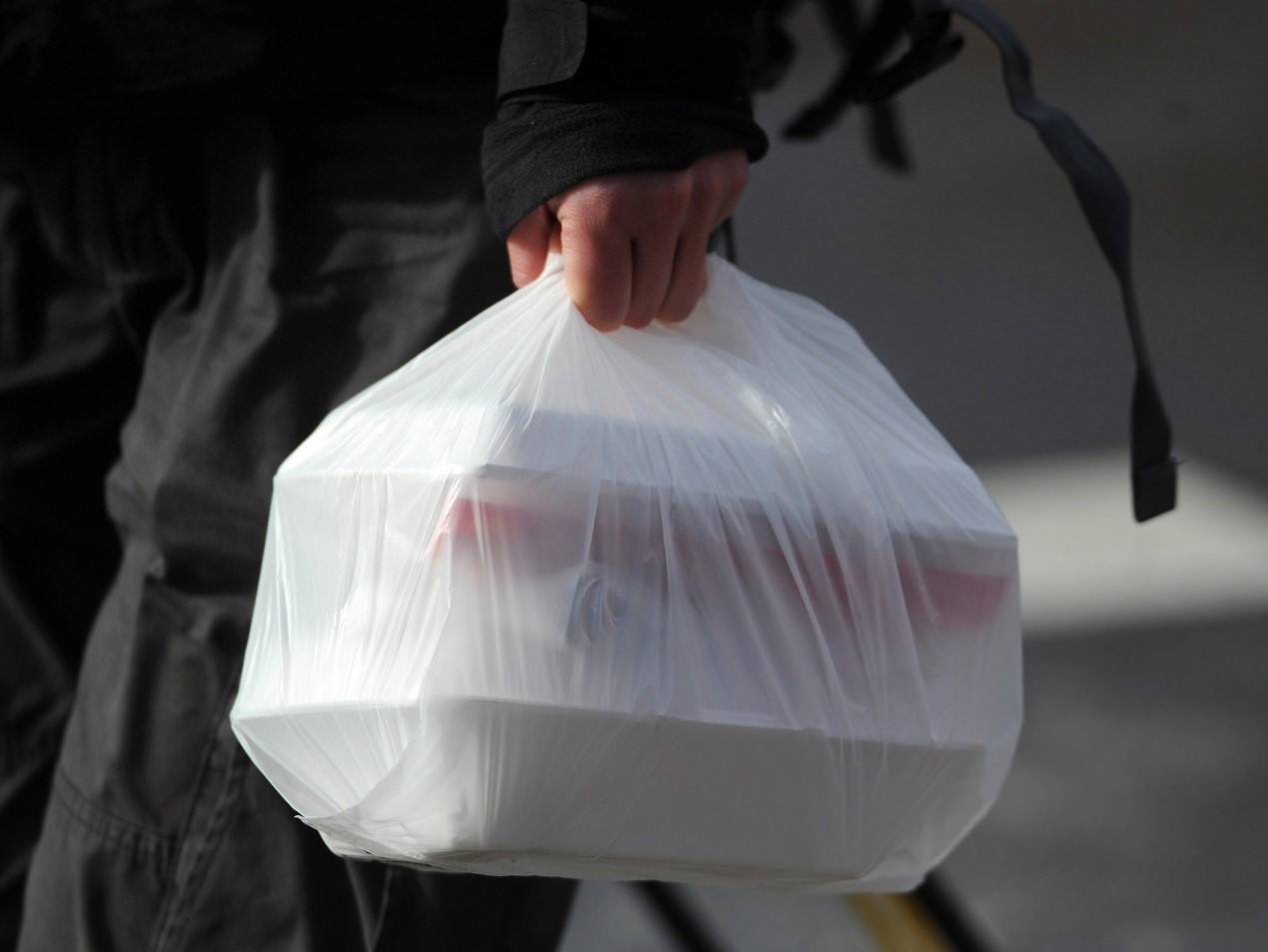For many busy office workers, takeout food seems to be a daily necessity. However, behind the convenience and efficiency is the threat of mountains of takeout garbage. After eating, people often throw plastic boxes (mostly non-biodegradable), plastic bags, disposable chopsticks, straws and any uneaten food into garbage cans. But now, under the supervision of garbage classification regulations, the leftovers in the lunch boxes have to say "goodbye" to the packaging.

How do people dispose of their leftover food deliveries? Almost all of our interviewees replied, "First I throw the leftovers into the household food waste bin and then the packaging into the residual waste bin." Someone added, "Now our company is advocating garbage sorting and will supervise the sorting of packaging after we employees have finished the takeaway food.”
At present, everyone takes the initiative to put leftover food into the household food waste bin and the packaging box into the residual waste bin. However, takeaway boxes are recyclable once they have been emptied and washed.
In order to reduce waste, recently some "weird" requirements have appeared in the notes of takeout orders, such as: lamb skewers without sticks, clams without shells, less soup, no free drinks. As an interviewee surnamed Zhang said, “Try not to order food that requires complex sorting. Eat it up. Don't leave anything in the box.”
Fewer food deliveries lead to less trash. Several respondents said they have started to eat less snacks, to both lose weight and reduce waste and disposable food packaging at the source. “Reducing waste is beneficial to our life and the environment.”
Shanghai’s garbage sorting battle has already begun. Though at first people have found it difficult to learn and adapt to, everyone thinks this is a positive action. As one respondent said, compared with those countries which have been carrying out garbage classification for a long time, we are still in the initial stage. But everything takes time. We should learn from them and work toward a bright future of less waste and proper classification.
